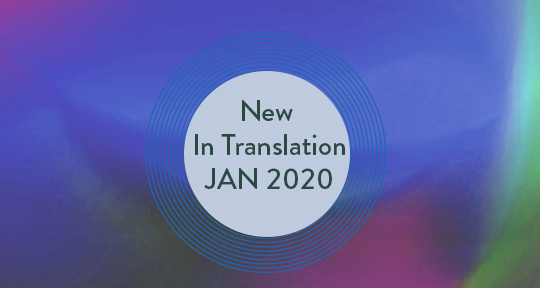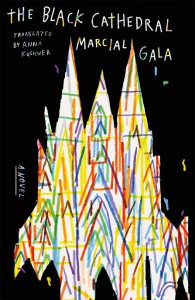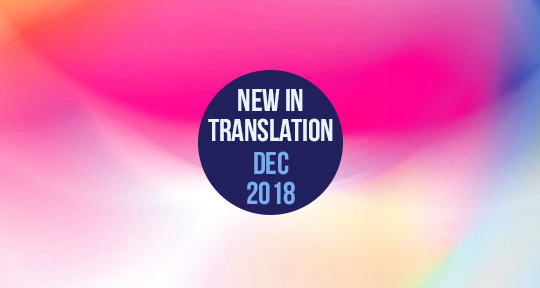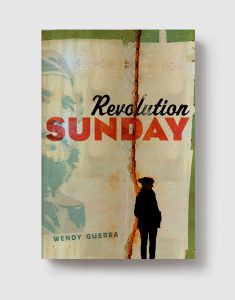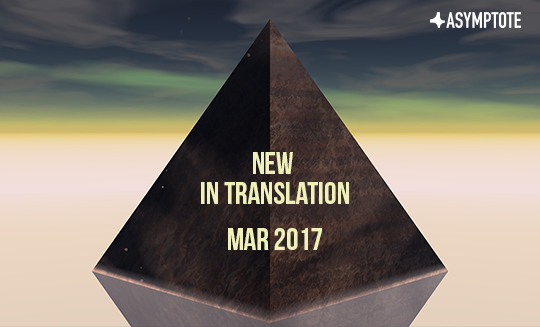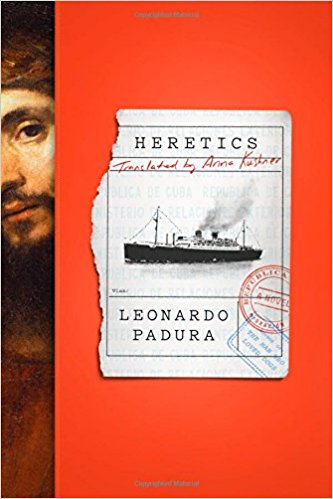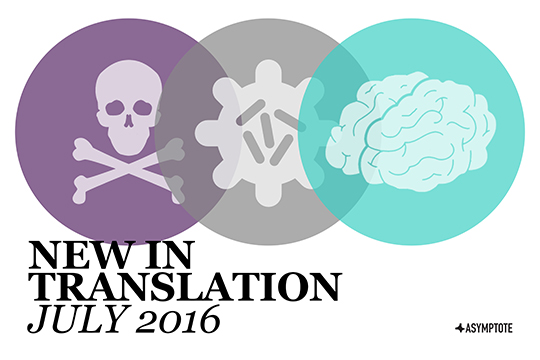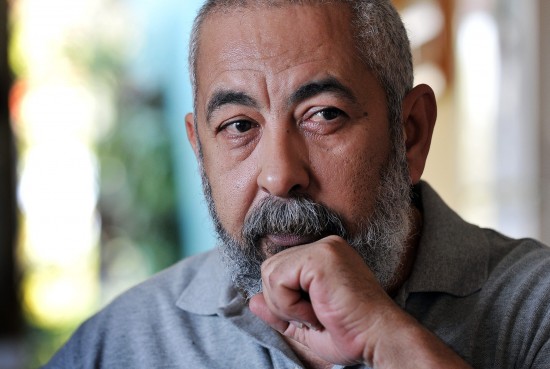Asymptote’s Summer 2020 Edition, “This Strange Stillness,” confronts our troubled moment head-on, and yet displays the world’s creative wealth and resilience. Discover timely poetry on the pandemic by Misty School cofounder Yang Lian, a shout-out to George Floyd and #BlackLivesMatter in Gonçalo M. Tavares’s “Plague Diary,” and new translations of Pessoa’s eternal heteronym Alberto Caeiro in a knockout issue spanning 31 countries and 23 languages.
Everything seems to stop or slow down during a pandemic, even as the mind rushes ahead. In our exclusive interview, Frédéric Beigbeder talks candidly about the unexpected thrills of lockdown, his desire for immortality, and the xenophobia of English readers. Koko Hubara knows xenophobia all too well: she writes to her white-skinned daughter as a “Brown” Jewish woman in ethnically homogenous Finland trying to live in difference. This fear of standing out turns into an urgent question of survival in Tomáš Forró’s heart-thumping first-hand account from the frontlines of the War in Donbass, or in Balam Rodrigo’s heartbreaking evocations of the existential plight facing Central American migrants.
In the weird calm we may yearn for adventure, like acclaimed Cuban writer—and friend of Hemingway—Enrique Serpa’s narrator, who turns from fishing to smuggling in his novel Contraband, introduced to English readers for the first time. American artist Rachel Blau DuPlessis’s verbo-visual collage is adventurous also: grocery lists and metro tickets collide with piercing, crystalline aphorisms. Translator Fortunato Salazar, for his part, shatters and reconstructs Sophocles through distinctly modern eyes; there, we slip between ancient Greece and our own present. When, in truth, are we?
Whenever and wherever we are, we can all spread the news of Asymptote’s latest wonders on Facebook or Twitter, where we will be plugging every single article in a 48-hour tweetathon. If you’re out and about, brave reader, feel free to distribute this magnificent flyer of the issue in real life. We live in interesting times—and that surely makes for interesting reading. Enjoy, with many thanks from us at Asymptote!



